KALINGA, October 18, 2022 – With the rising costs of daily household needs, along with hog feeds, the Department of Agriculture – Special Area for Agricultural Development (DA-SAAD) Kalinga, in partnership with the Provincial Veterinary Services (PROVETS), introduced a low-cost feed formulation process to help reduce the expenses of the Gubang Tribe Farmers’ Association (GTFA) and increase their income.
GTFA is comprised of 116 members belonging from the Gubang subtribe, which are recipients of the Integrated Root Crops, Cross-breed Swine and Poultry Production Project in 2019. They also became a beneficiary of the DA-SAAD Program’s Swine Repopulation Project in 2021 to boost their swine production as their additional source of income. The farmers’ main source of livelihood is farming various crops such as rice, coffee, and vegetables.
The sudden increase in the price of hog feeds from Php 1,700 per bag in 2020 to Php 1,940 per bag in 2022 at the local markets affected the farmers, on top of fare expenses in the delivery of each bag from Tabuk City to their area amounting to Php 200 to Php 250. These factors reduced their net income.
The farmers planned to resolve it through feed production which will greatly help in maximizing their profits.
The training held on October 6, 2022 was the first out of the four sessions under the Advanced Farmer Livestock School (FLS) on swine production, which will be completed until November. The next topics to be tackled would be: Artificial Insemination; Housing and biosecurity requirements for multiplier farms; and Marketing. While the organizers and participants are still waiting for the swine inputs to be in heat for the Artificial Insemination discussion, the classes for the last two topics are scheduled every Thursday.
Ms. Jackilyn Odlus, Agricultural Technician from PROVETS, discussed the benefits of producing low-cost feeds, its materials and procedure, and proper storage. Moreover, artificial insemination (AI) and marketing and enterprise development were also tackled. One hundred ten (110) members of the GTFA actively participated in the hands-on application of procedure conducted during the said session.
The undertaking provided GTFA with an alternative way of sustaining their backyard pig pens and impending multiplier farm through the use of locally available crops such as banana trunk, trichanthera leaves, and rice bran as ingredients to their organic hog feeds.
Additional nutrient source additives for the feeds such as the fermented fruit/plant juice (FFJ/FPJ) using kangkong or water spinach, and molasses as raw materials were also taught.
Mr. Ruben Ganagan from DA-SAAD Kalinga encouraged the participants to start planting more trichanthera plants for a more sustainable feed production of the group, as trichanthera consists of the bulk of raw materials needed in producing low-cost feeds.
Moreover, GTFA member, Ms. Clarita Salingbay expressed her gratitude for the training. “Agyam-yaman kami manen iti daytuy nga training ta at least makamenos kami iti gastus iti feeds nu iyaramid mi daytuy nga naadalmi,” she said.
(We once again thank you for this training ‘cause at least our feed cost will be lessened when we are to apply what we have learned.)
Looking ahead, the GTFA aims to maintain their banana plants to facilitate their feed production by increasing their trichanthera plantation. ###
Writer: Sheena Phine P. Dayagon, DA SAAD Kalinga Information Officer

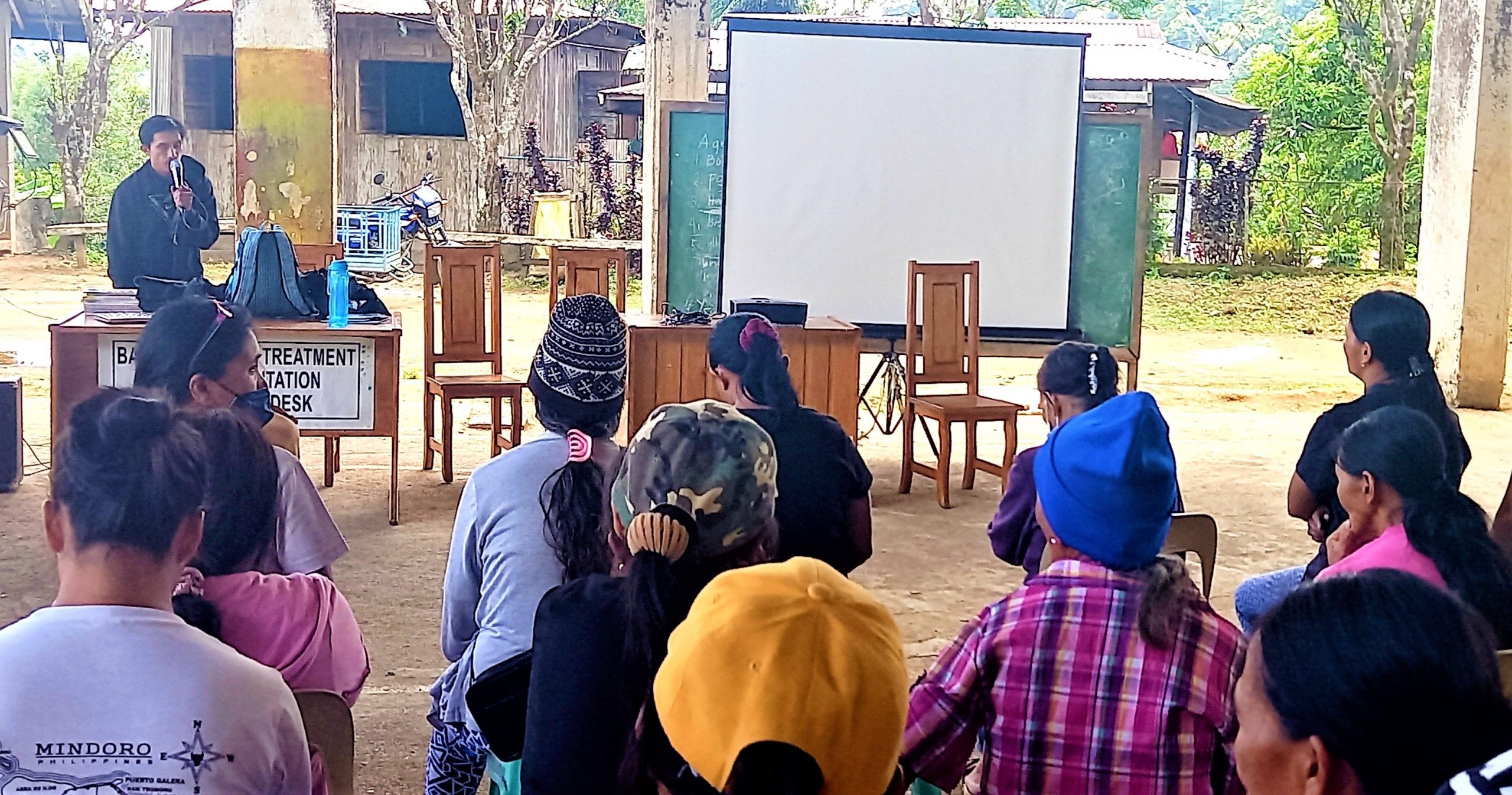
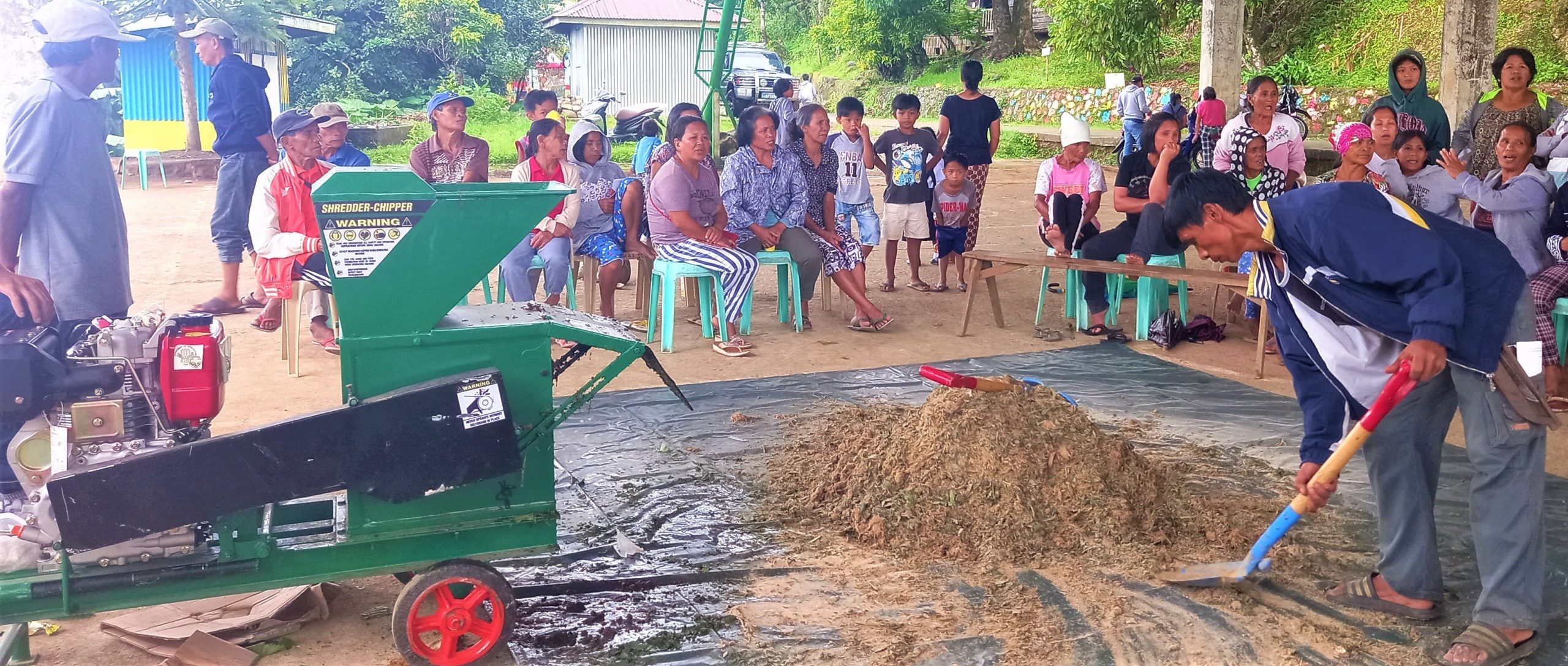
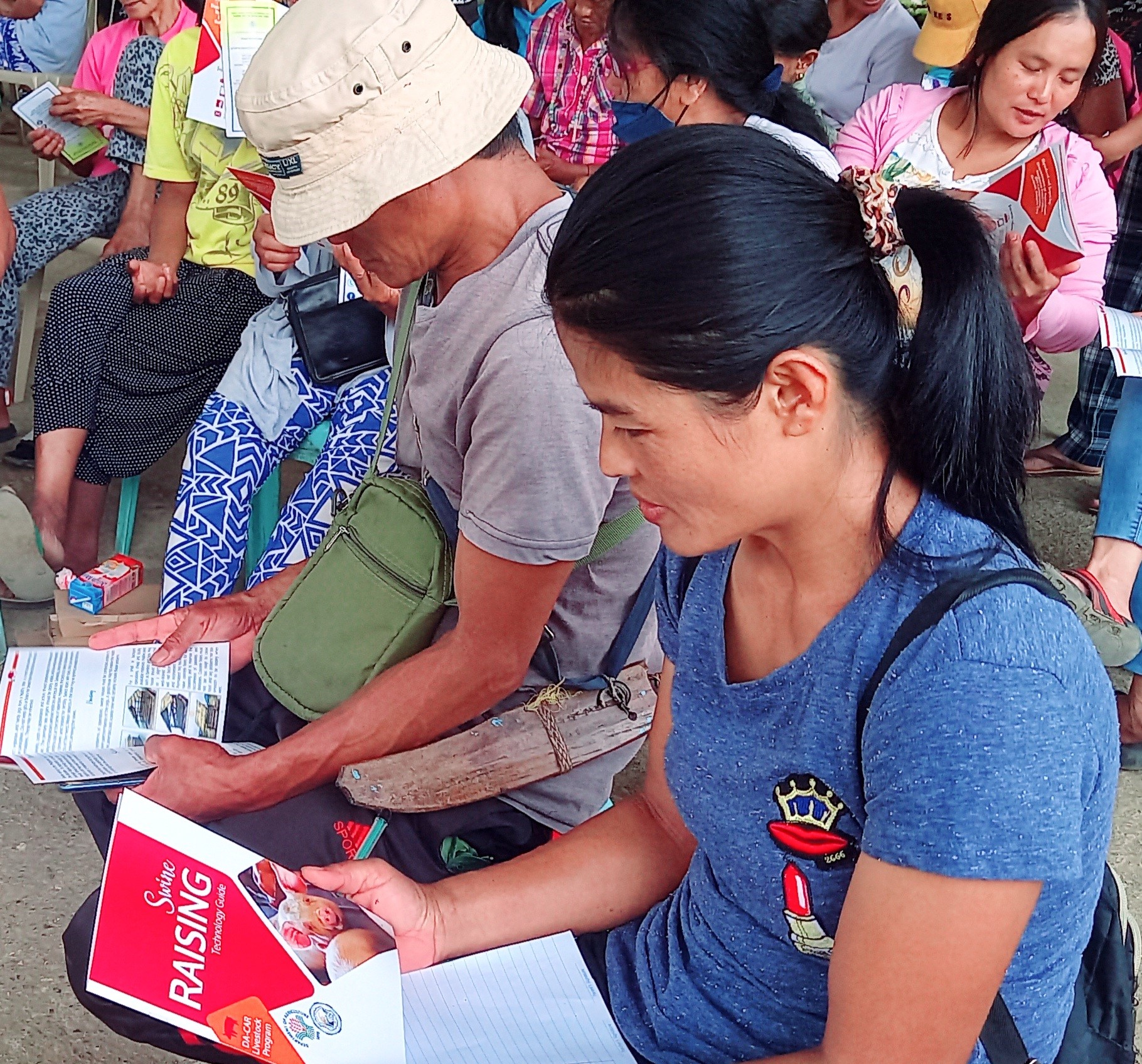
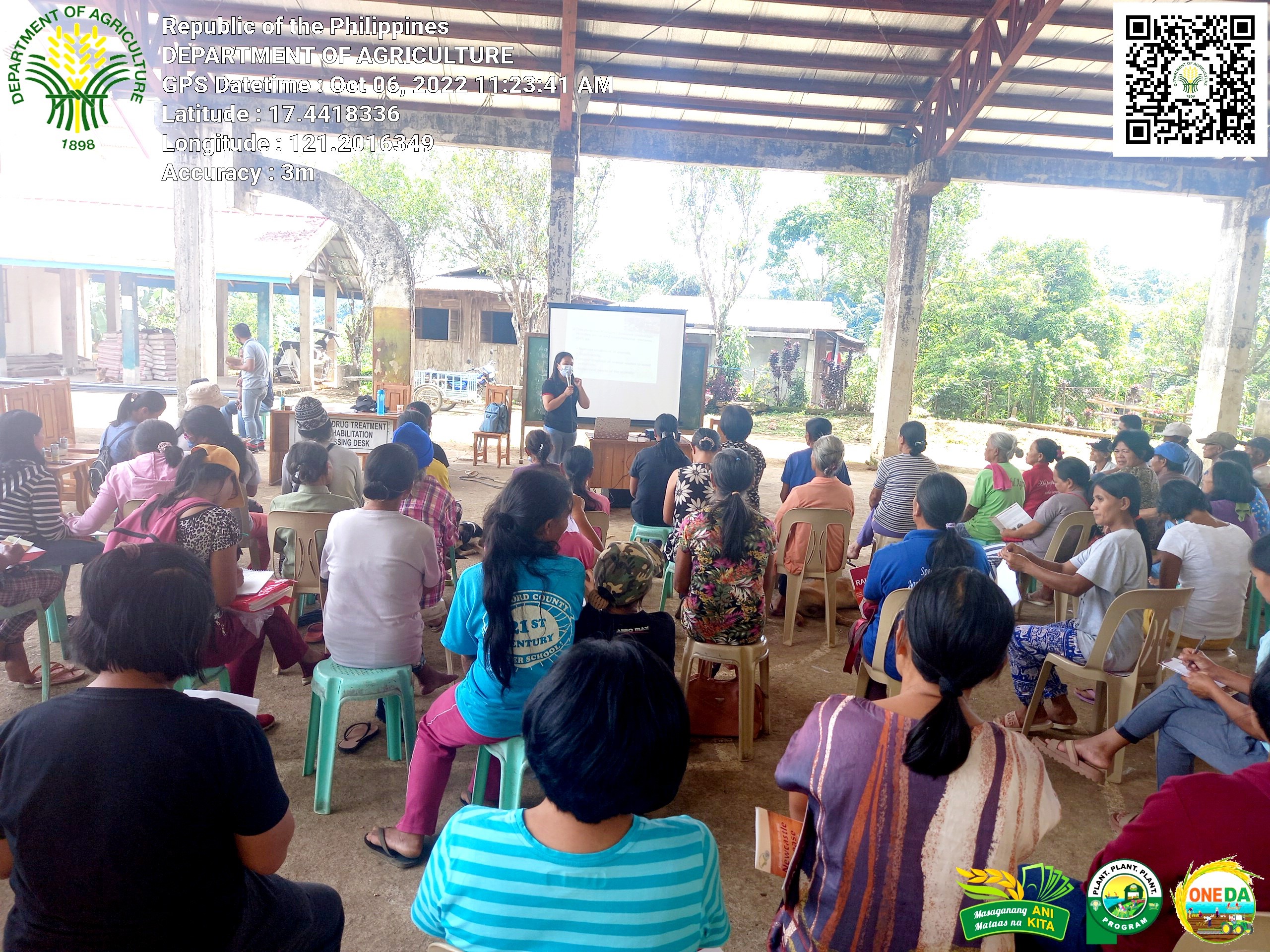
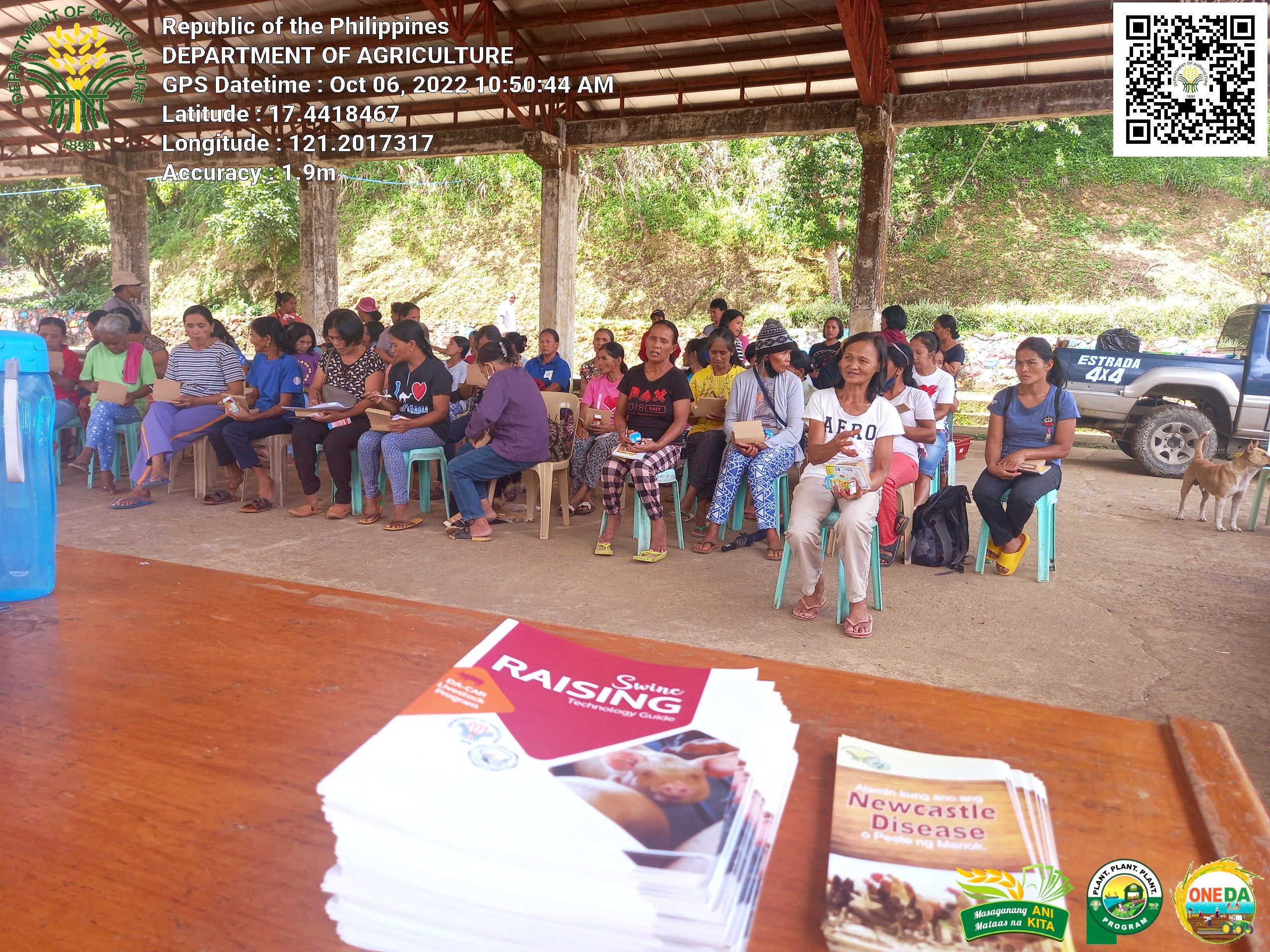
Comments (0)